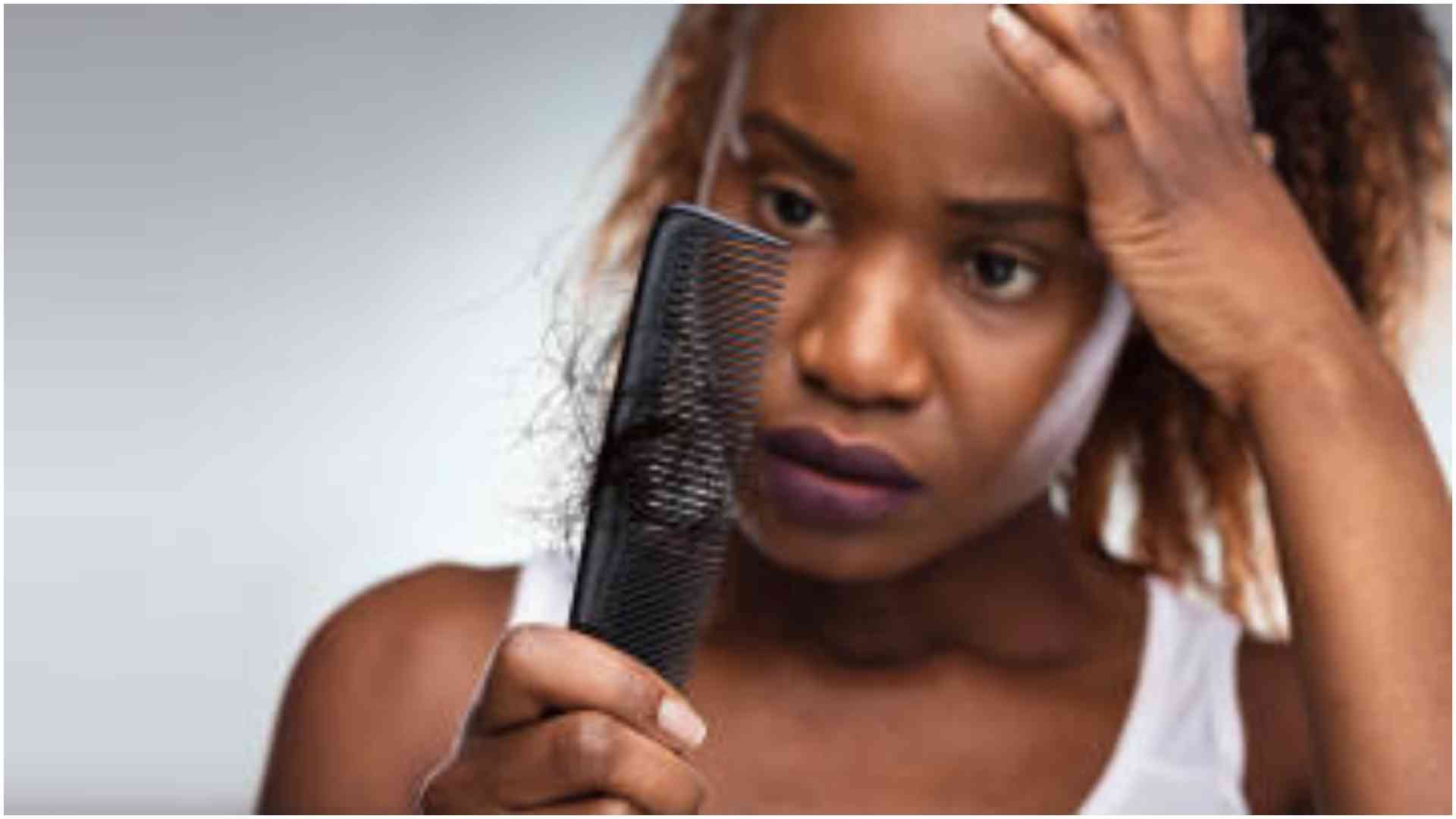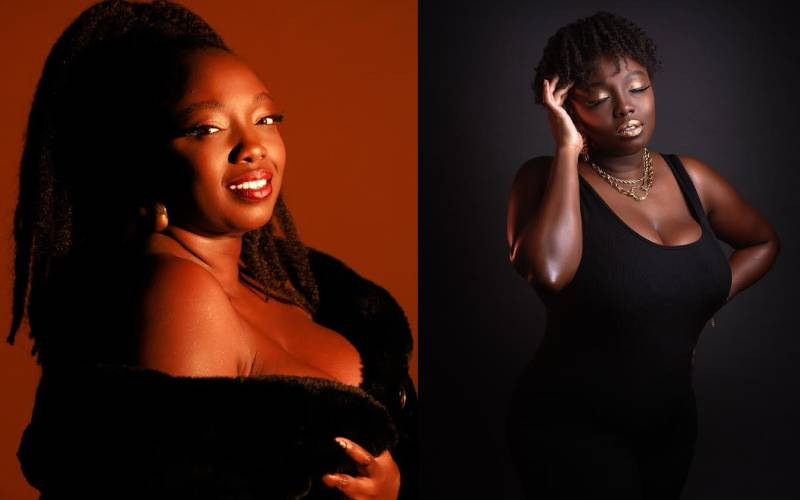
When you go online to research the benefits of new beauty treatments, you are likely to only get information on how they work on lighter skin.
The world develops more beauty products and cosmetic technologies primary for people with lighter skin, with only a handful manufacturers considering their effects on people with darker skin complexions.
The racial differences in skin properties are more than the complexion. Studies have shown that with its higher melanin content, darker skin has stronger barrier function and lower pH than found in people with lighter skin.
 The Standard Group Plc is a multi-media organization with investments in media
platforms spanning newspaper print
operations, television, radio broadcasting, digital and online services. The
Standard Group is recognized as a
leading multi-media house in Kenya with a key influence in matters of national
and international interest.
The Standard Group Plc is a multi-media organization with investments in media
platforms spanning newspaper print
operations, television, radio broadcasting, digital and online services. The
Standard Group is recognized as a
leading multi-media house in Kenya with a key influence in matters of national
and international interest.



